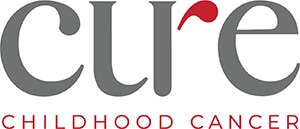by Elizabeth Record DNP, Mary Batcha RN, and Lillian Meacham MD
Childhood cancer survivors are challenged with many transitions of care in their journey after a cancer diagnosis. First, they transition from a healthy child to a child with a cancer diagnosis. Then they move from a child with cancer on treatment to a childhood cancer survivor who has completed treatment. And finally, they transition from a childhood cancer survivor to an adult survivor of childhood cancer. One of the most challenging transitions for many childhood cancer survivors and their families is the transition from pediatrics to adult based health care. For some survivors, this transition is due to an upper age limit at a pediatric healthcare system, and for others it is due to a geographic relocation for college studies or a first job. It is essential for survivors to prepare to journey forward as young adults who can navigate the adult health care arena.
Below are some suggested strategies to ensure successful transition:
- Start early to prepare for this very important transition. Survivors should talk to their pediatrician and their pediatric survivor team. Planning ahead of time, communicating with the current and future healthcare teams, and advocating for their healthcare needs are all very important initial steps.
- All survivors should have a summary of the treatment they received. This is typically called a Survivor Healthcare Plan (SHP). This is an important tool as it will outline the potential late effects associated with the individual treatment. It will also have a summary of past testing that has been done and suggest recommended future testing to assess any late effects that may occur as an adult.
- It is important for each survivor to have an understanding of the contents of their SHP as each survivor will be the person who advocates for their health and schedules the suggested testing.
- Survivors should identify and establish care with an adult healthcare provider for general healthcare needs or concerns. Additionally, survivors should share their SHP with the identified adult healthcare provider.
- If available, survivors should identify an adult survivor clinic that is familiar with the Children’s Oncology Group Long-Term Follow-Up Guidelines, which can be found on the COG website. This will assure they are updated periodically on any changes that may alter their SHP. Many adult healthcare providers are reluctant to provide care for cancer survivors as they are not familiar with the recommended guidelines. The Young Adult Survivor Clinic at the Emory Winship Cancer Center is a local survivor clinic focused on long term survivorship care.
- Maintain insurance benefits. Most survivors can stay on their parents’ insurance until age 26. However, if that is not possible, it would be important for each survivor to reach out to their social worker or a financial counselor who may be able to assist them as they strive to obtain insurance benefits.
- Register for Cancer Survivor Link. This is a password protected, secure, patient-controlled website designed for survivors and providers that will allow each survivor to learn about survivorship, share their personal health information with each of their healthcare providers, and store their Survivor Healthcare Plan. Registration is available on our website.
In Atlanta, patients under 21 years of age can be seen in the Aflac Cancer Survivor Clinic (404-785-1717). At age 21, patients are transitioned to the Young Adult Survivor Program at the Winship Cancer Institute at Emory. The contact for this program at Winship is Mary Batch RN (404-778-3473) or [email protected].




